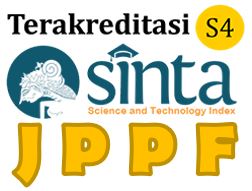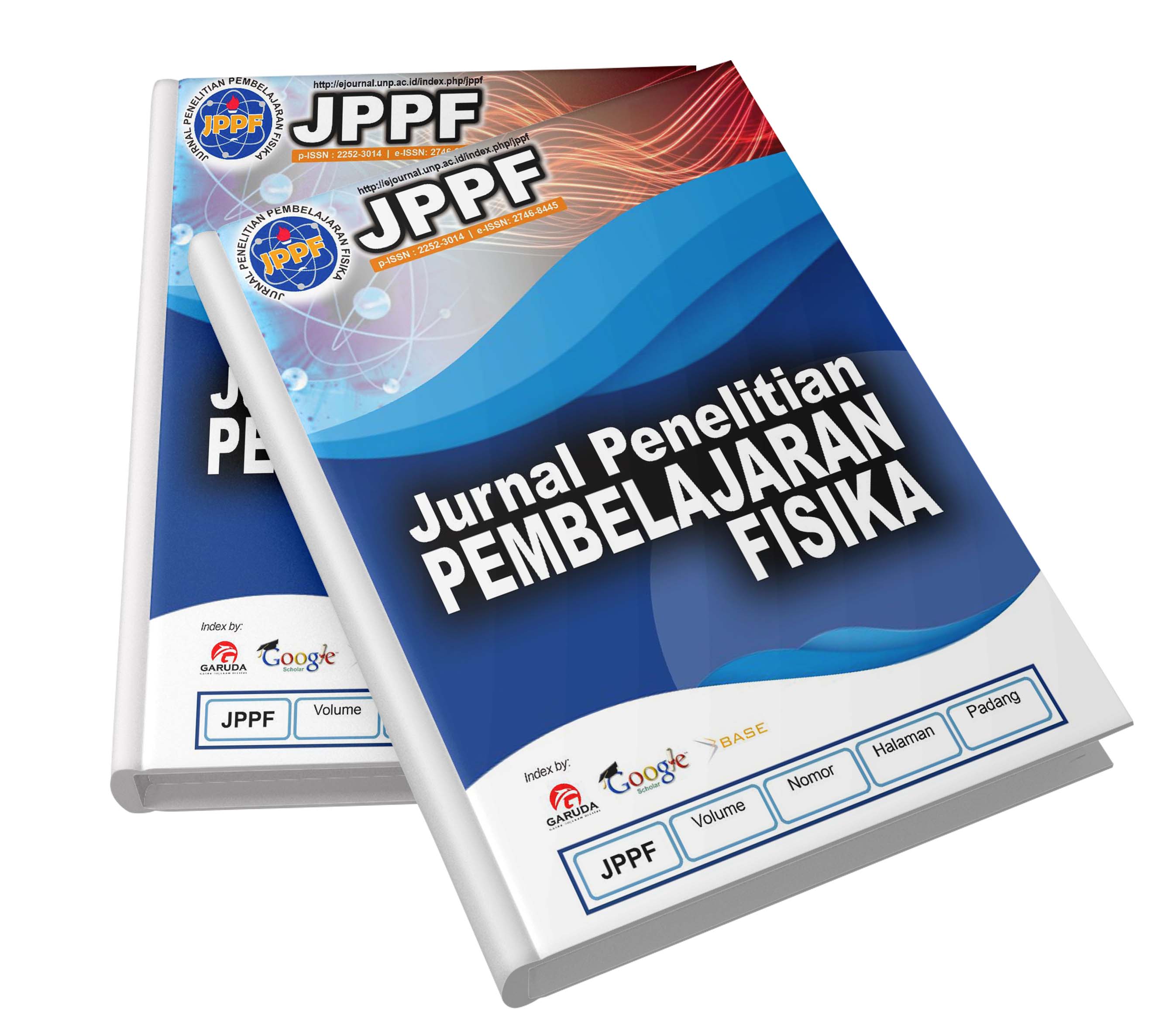Abstract
In 21st century education demands the creation of quality human resources. The government's efforts in dealing with 21st century results are using the implementation of the 2013 curriculum. One of the goals of the 2013 curriculum is to improve student learning. Increasing learning outcomes can be done using learning resources in the form of modules. Currently there are many studies on the effect of integrated science modules on student learning outcomes. Several studies have different results, so the research results need to be presented with a meta-analysis method. Thus, the purpose of this study is to analyze and compare the size of the effect of the integrated science module on learning outcomes. The analysis technique used is quantitative and qualitative analysis. This research uses 25 journals consisting of international and national journals. From the journal, several indicators were obtained, namely grade level, material, learning, integrated models, and applied learning. Based on the results of research resulting from the effect of the use of an integrated science module which is effectively used in learning which can be seen from student learning outcomes in integrated science learning.




